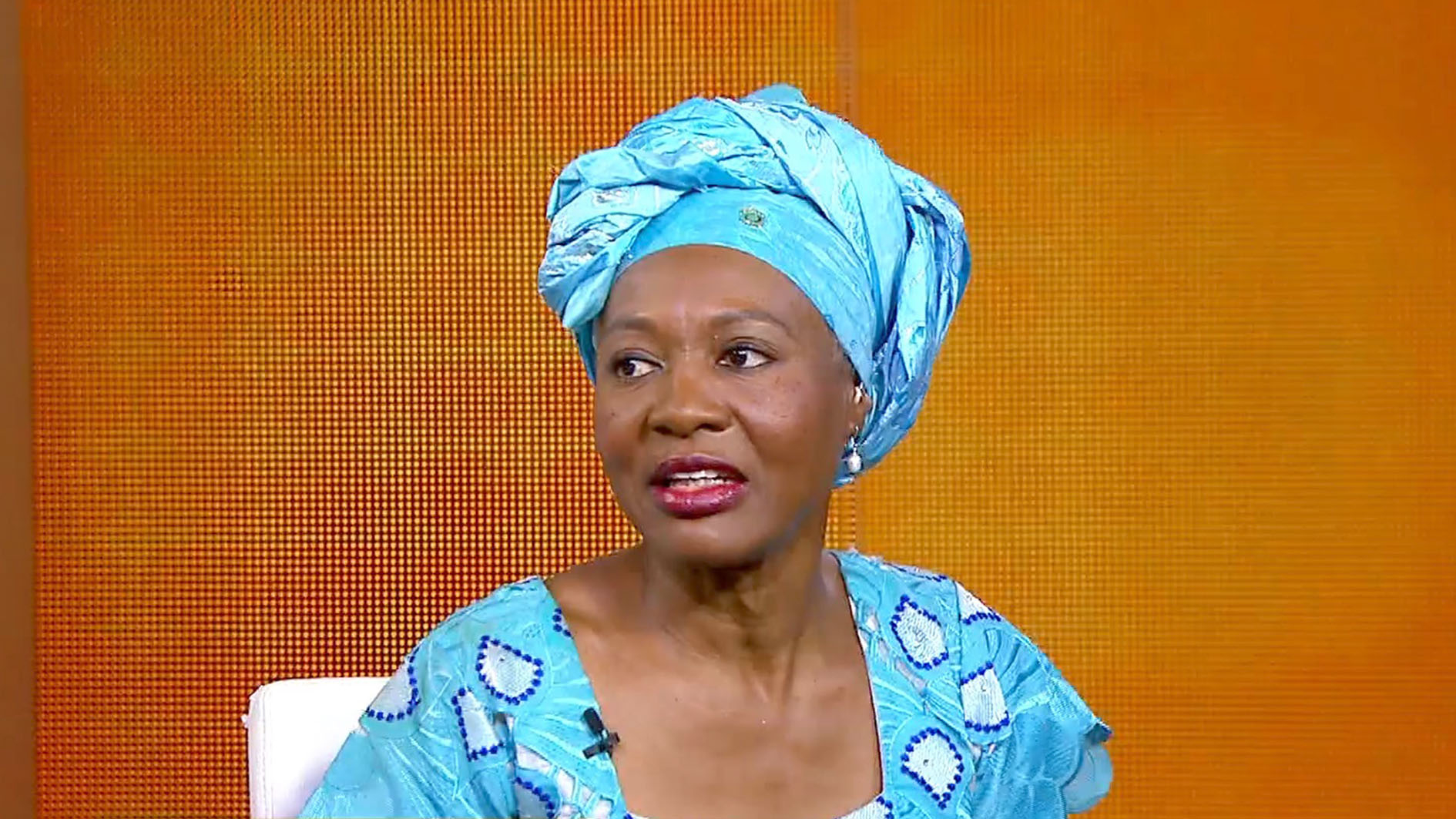
Opinions
10:02, 31-Jul-2018
The Heat: After BRICS Summit, what's next for the member countries?
Updated
09:58, 03-Aug-2018
CGTN's The Heat

The summit between Brazil, Russia, India, China and South Africa – collectively known as BRICS – was held in Johannesburg last week. Leaders from all five nations and other observer states discussed ways of using technology to propel the Fourth Industrial Revolution, and launched new projects to facilitate the transfer of knowledge and skills.
As the trade hostilities between China and the United States continue to escalate, the rejection of unilateralism has become stronger than ever before. Qinduo Xu, a senior researcher with the Pangoal Institution, said the BRCIS countries have been benefiting from globalization, but now they are suffering from protectionism mostly triggered by the Trump administration and it is time for them to strike back.
“India wants to work along with BRICS countries in the area of the fourth industrial revolution,” said India’s Prime Minister Narendra Modi at the summit. “In this regard, we must share our best practices in policies.”
01:38

For a long time, India and China has been competitors on the Asian continent. However, defending multilateralism has now become one of the common interests bringing the two together.
“Among the five BRICS countries, probably it is between China and India that the relationship is most fragile,” said Ravi Ramamurti, director of the Center for Emerging Markets at Northeast University. “There is a mixed interest where they can actually cooperate on some important things, and this recent issue about protectionism and unilateralism coming out of the US is one of those examples.”
At the same time, India is also cooperating with China and other BRICS countries to further develop its own capability to combine technology with manufacturing. The BRCIS summit has become a platform that not only enables its members to make their voices heard as a group, but also to learn from each other to better fit in the global system.
Paulo Sotero, director of the Brazil Institute at the Wilson Center, said countries need to add value to their primary products exported to China otherwise it remains a so-called colonial type of relationship. In Brazil, the Chinese have started to invest in infrastructure after being buyers of the country’s raw materials.
“This is a very important positive development,” Sotero said. “You will see Brazilian construction companies going back to the international market and being able to especially in Africa, participate in that market.”
From the Chinese perspective, Xu added that projects under the Belt and Road Initiative are mostly infrastructure-related, and Africa countries should take advantage of that. He said China is willing to help other countries grow through trade and investment and it is of China’s long-term interests.
Looking forward, with more observer nations being invited to the event, the BRICS summit is becoming a diversified gathering, and an extended grouping which will carry some serious weight in the global economy. Emira Woods, a member of the International Working Group for Africans Rising, said this summit acts as a counterpart to the G7, and it helps to balance the global economy.
“What you see is a push towards creating a new space where the economies of the future, as they are called the emerging economics, are dealing with huge inequalities,” Woods said. “I think this is the sense coming out this BRICS forum. There is a lot of potential, a lot of opportunism, but can those opportunities be realized given where things are in the global economy? I think there’s still a long way for the BRICS countries to go.”
(The Heat with Anand Naidoo is a 30-minute political talk show on CGTN. It airs weekdays at 7:00 a.m. BJT and 7:00 p.m. Eastern in the United States.)

SITEMAP
Copyright © 2018 CGTN. Beijing ICP prepared NO.16065310-3
Copyright © 2018 CGTN. Beijing ICP prepared NO.16065310-3